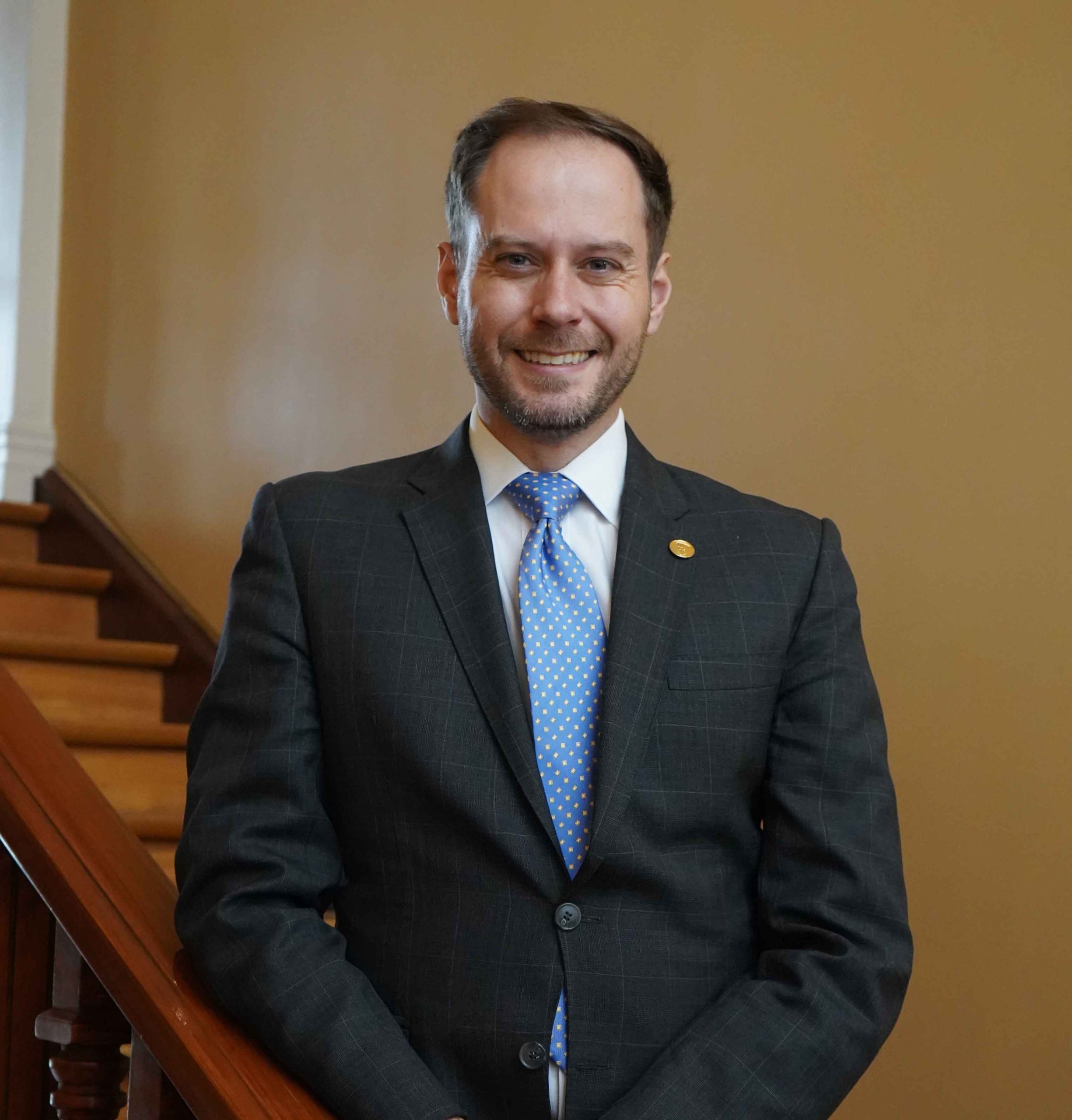
Francisco Bedecarratz Scholz
Director, Doctoral Program in Law
PhD in Law (Philipps-Universität Marburg, Germany)
General:
To develop researchers in law who are experts in the program’s research areas, capable of producing original research and of contributing ethically and effectively within the university sector and the wider scholarly community.
Specific:
Key Features of the Program
The Doctoral Program in Law provides advanced training for researchers capable of generating original, relevant and socially meaningful legal knowledge. To this end, it offers:
1.1. Advanced specialist seminars in doctrinal legal analysis, legal theory and philosophy, legal research methods, and elective modules offering disciplinary specialisation.
1.2. Research placements at partner institutions abroad under joint-supervision agreements.
1.3. Individual supervision and semesterly progress reviews by thesis committees, ensuring rigorous support and timely completion of the thesis.
1.4. Research-output requirements (at least one publication in a peer-reviewed journal) in line with good practice across European and North American doctoral programmes.
This area focuses on the study of human rights and their protection through courts with constitutional jurisdiction, ensuring their effective enforcement. Topics include the protection of vulnerable groups; challenges in migration law; indigenous and tribal peoples; interactions between the branches of the State and human rights; restrictions on freedom of expression and hate speech on social media; and the judicial and institutional safeguards of human rights. Analysis is conducted from the perspectives of both domestic law and international human rights law, exploring the interactions between the two.
Structured around three disciplinary fields of Public Law—Administrative, Constitutional and Criminal Law—this area addresses the legal challenges inherent in State modernisation. It examines issues such as administrative organisation, administrative powers, administrative procedures and oversight mechanisms, as well as foundational concepts concerning the State, sovereignty, territory and government. It also addresses the State’s criminal justice policy and institutional reforms in the criminal justice system, including matters of cybersecurity and cybercrime, as part of a strategy to safeguard public order and social peace.
This area concentrates on legal norms—national and international—governing complex economic systems. It addresses theoretical and practical problems in fields such as environmental regulation in the context of climate change; protection of international investment in the face of public policy measures; regulated self-regulation and compliance; and the implications of the “new” economy for global society. Work spans economic and tax regulation at the global/international levels, investment law, environmental law, and economic criminal law (white-collar crime), in both national and comparative contexts.
This area undertakes detailed study of Consumer Law, particularly in relation to mass-market/standard-form contracting, financial and insolvency issues, consumer protection from a Law and Economics perspective, and the use of artificial intelligence (AI) and other emerging technologies. It addresses issues such as connected contracts and their special consumer protections; consumer over-indebtedness and its prevention; the application of Law and Economics to Consumer Law; and the impact of AI and new technologies on consumer relationships.

PhD in Law (Philipps-Universität Marburg, Germany)
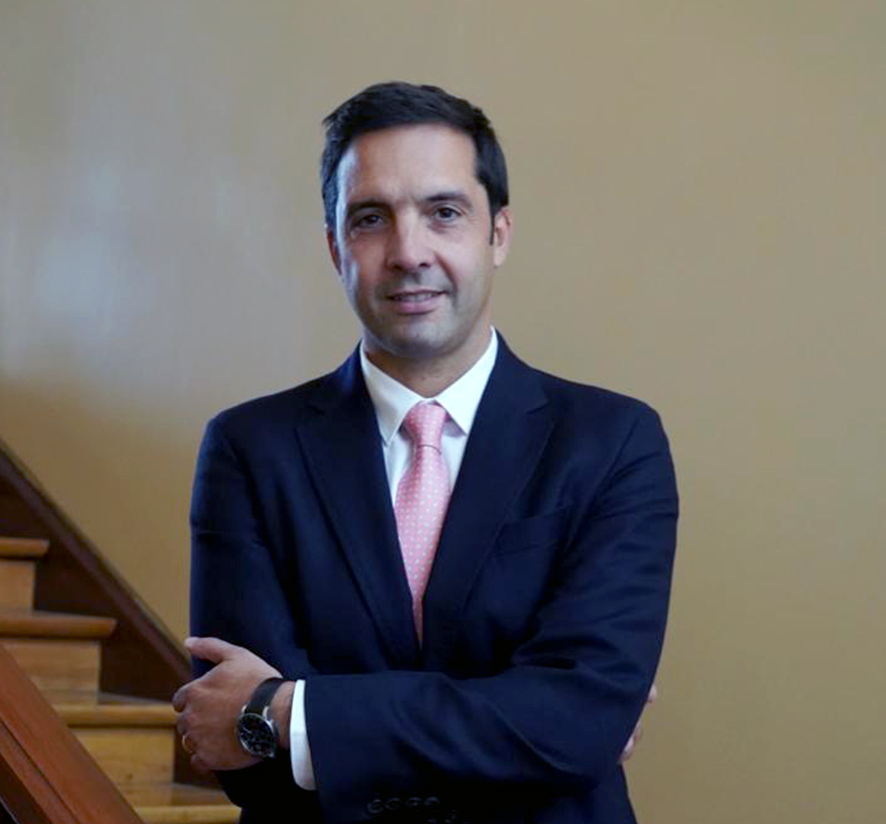
PhD in Law (Universitat de València, Spain)
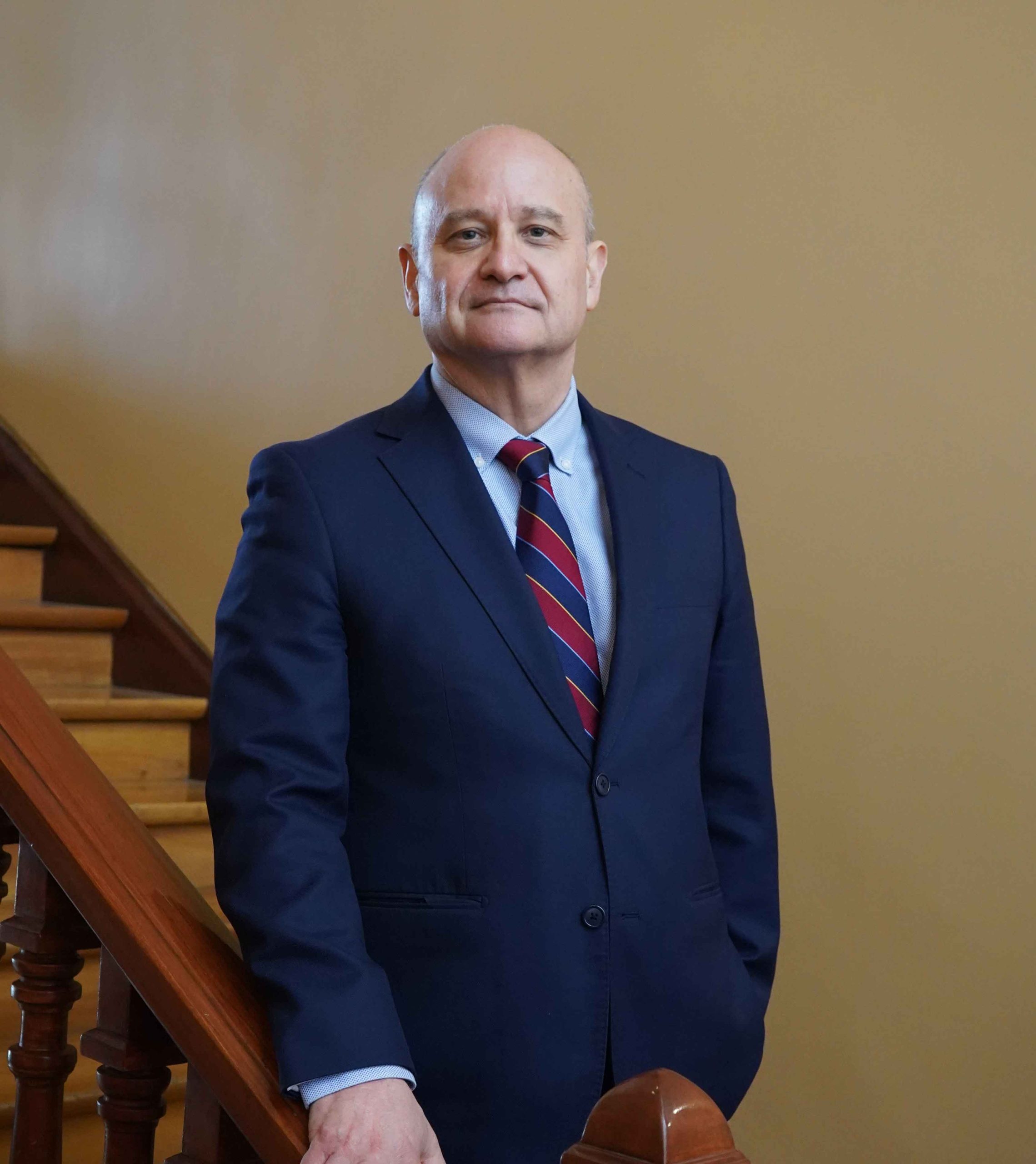
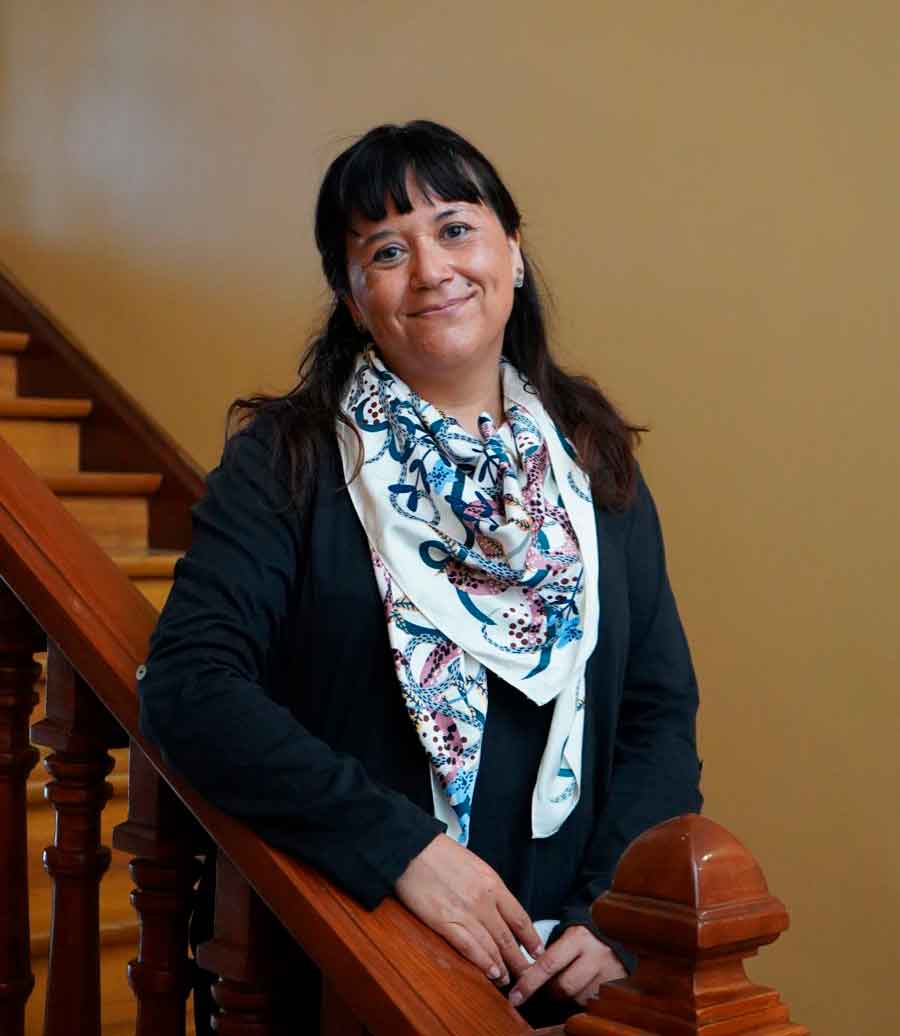

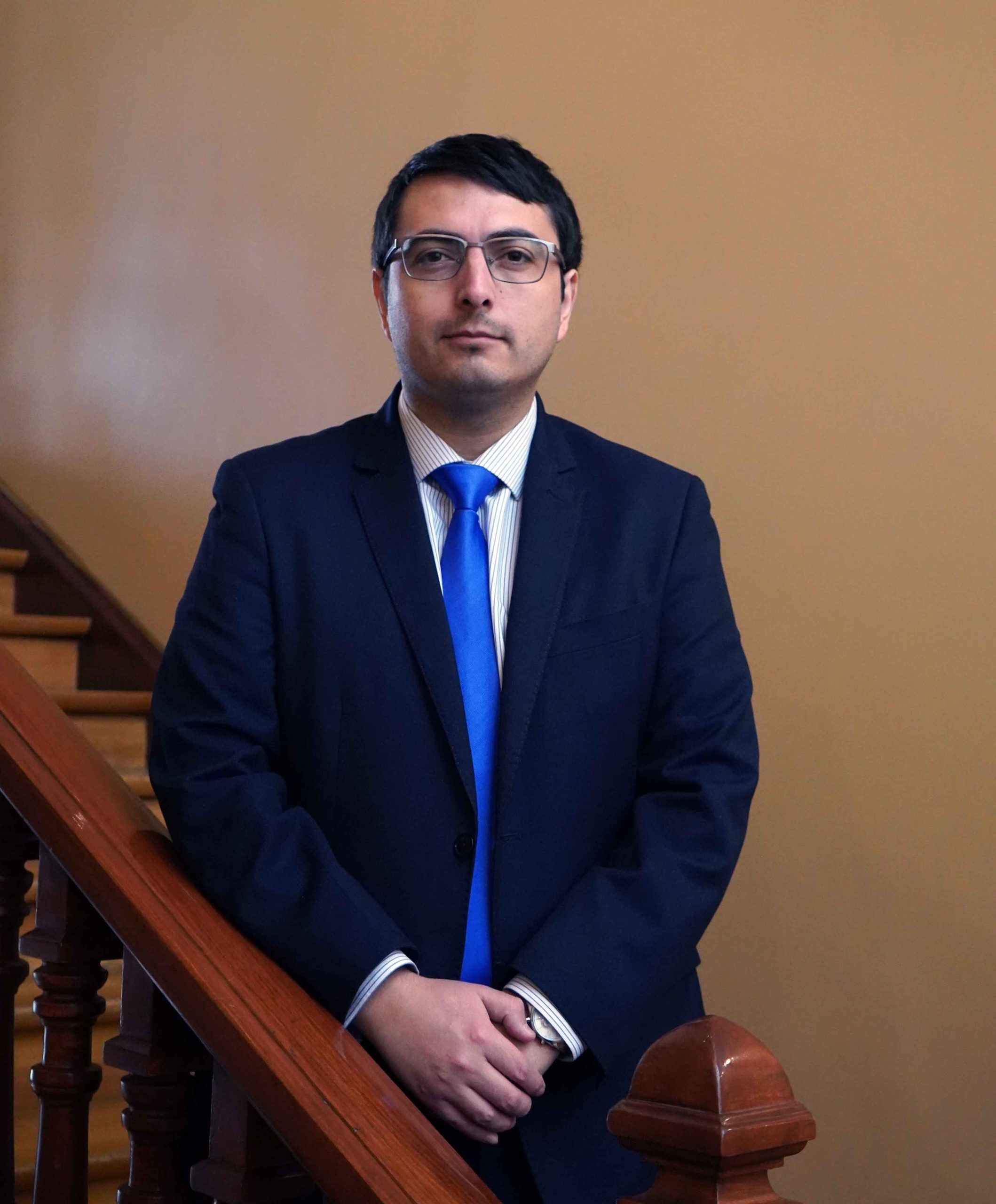

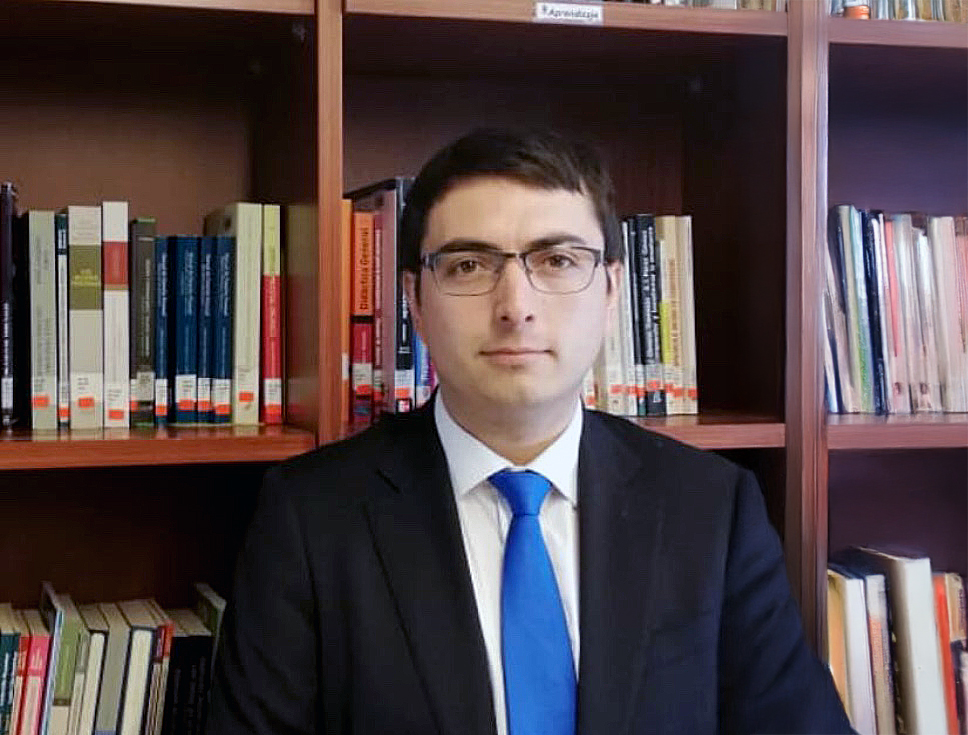
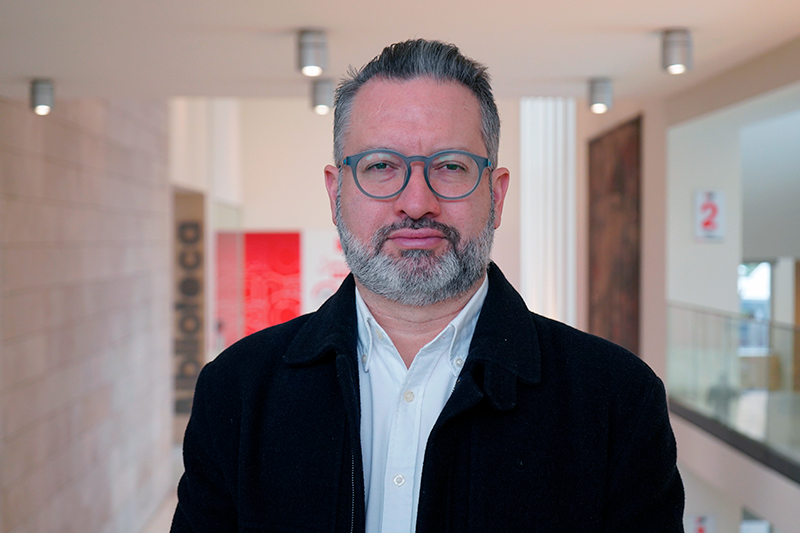
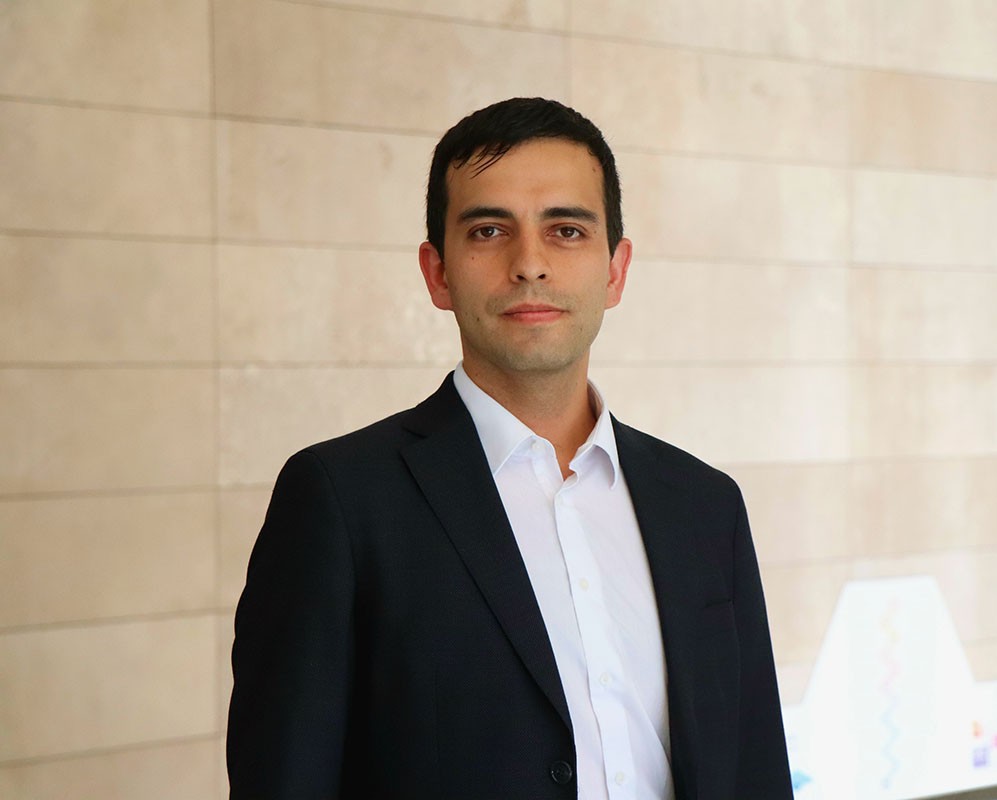
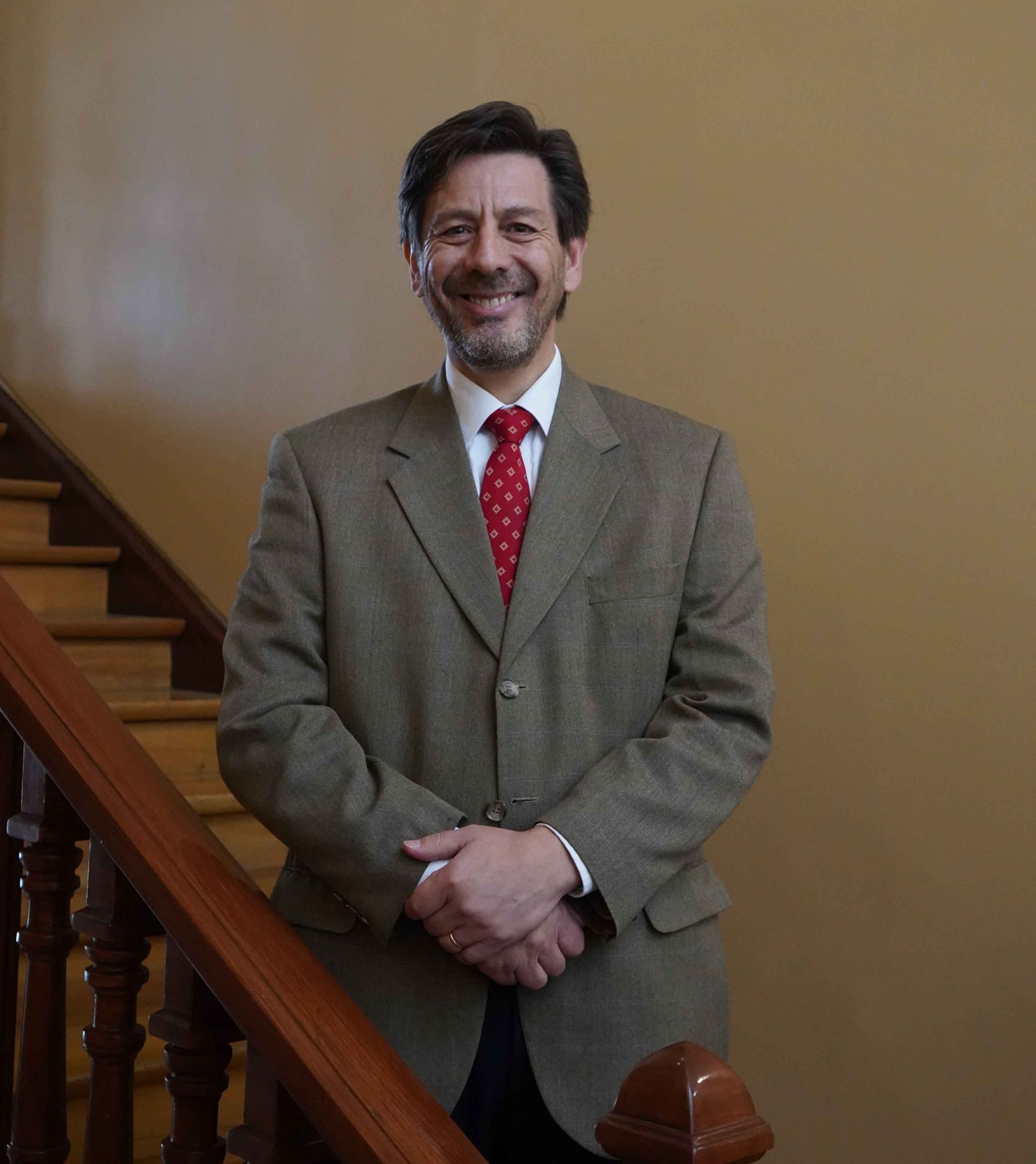

PhD in Law (Pontificia Universidad Católica de Chile)

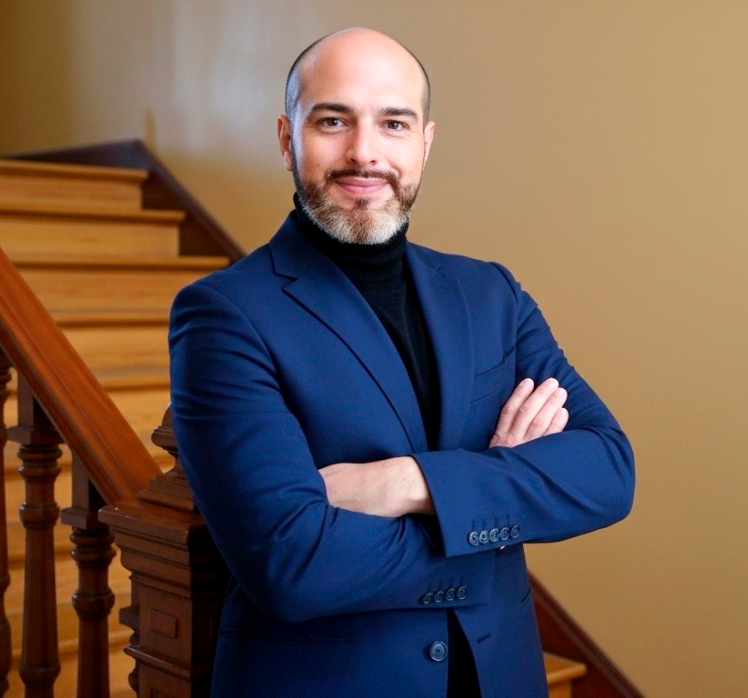
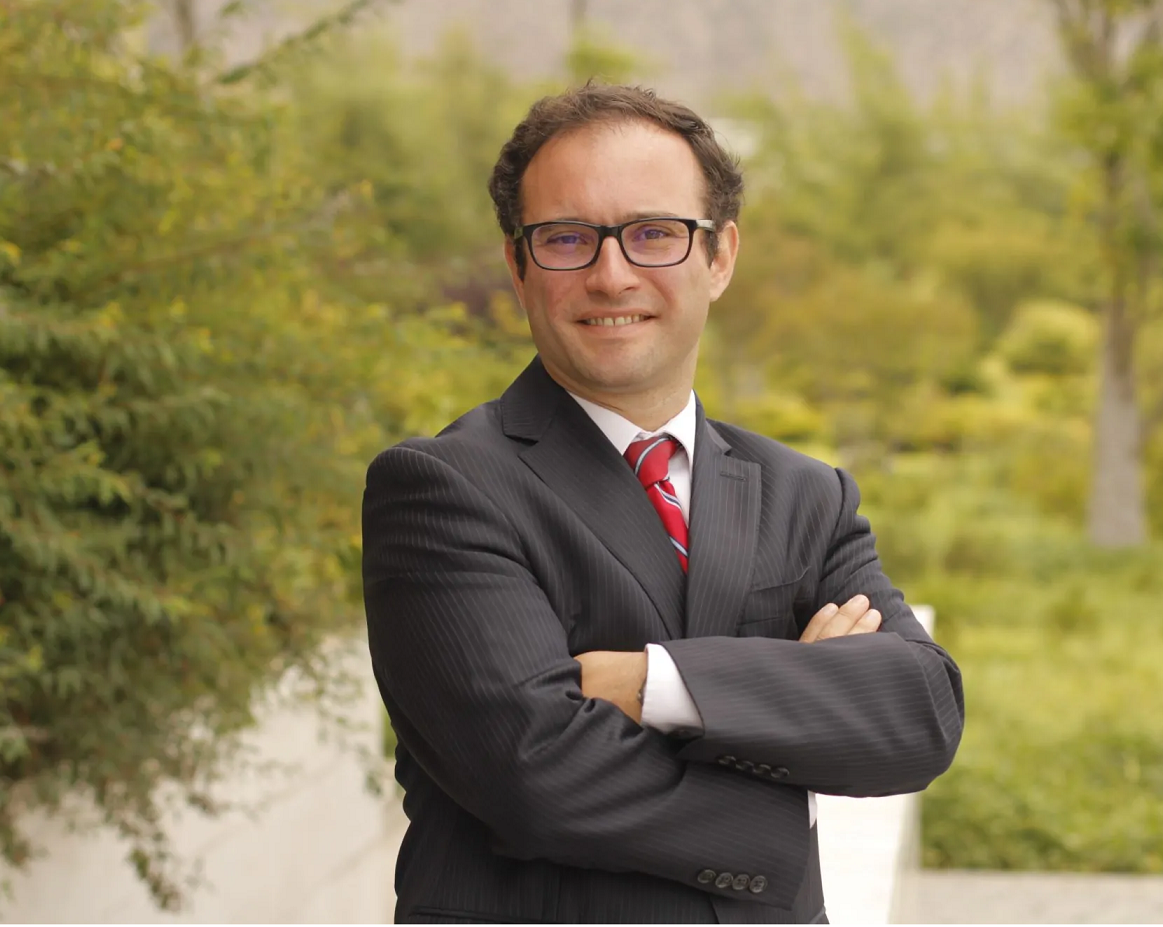
The admission requirements for the program are set out in Article 18 of the Regulations and are as follows:
1- Completed application form with personal details.
2- Comprehensive curriculum vitae.
3- Doctoral research proposal (5–10 pages) including:
3.1. Statement of the legal problem to be researched and its alignment with the program’s research areas
3.2. Theoretical framework
3.3. State of the art
3.4. Hypothesis
3.5. General and specific objectives
3.6. Bibliography
4- Statement of purpose (may be submitted separately from the form), indicating:
4.1. Applicant’s motivation
4.2. Research interests
4.3. Intended time commitment/availability for the Program
(1) Receipt of the applicant’s complete dossier via email: [email protected]
(2) Eligibility screening by the Doctoral Board.
(3) Interview, conducted in person or online.
(4) Selection based on general criteria of impartiality and non-discrimination, and on specific criteria of academic and/or professional merit, in strict accordance with the rules set by the Doctoral Board, which consider at least the following:
(a) Grades obtained in prior studies;
(b) Academic background and prior professional experience;
(c) Statement of purpose;
(d) Research proposal.
A points-based scoring rubric is applied to determine the highest-ranked candidates. Decisions are communicated to the email address provided in the application form.
Applications open: 1 July 2025
Applications close: 31 October 2025
Document review and interviews: November 2025
Decision notification: January 2026
Cohort start date: April 2026